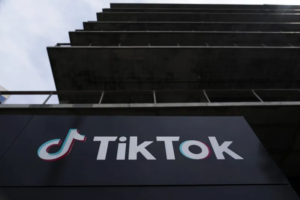
Meta Platforms Inc., the parent company of Facebook, has taken decisive action against online scammers in Nigeria by removing 63,000 accounts involved in financial and sexual extortion schemes. The company announced this crackdown on Wednesday, highlighting its efforts to combat “sextortion” scams targeting primarily adult men in the United States.
The fraudulent activities involved scammers soliciting intimate photos from their victims and then blackmailing them with threats to release the compromising images unless they paid a ransom. These scammers, often referred to as “Yahoo boys” in Nigeria, are notorious for various online scams, including posing as individuals in financial distress or as Nigerian princes promising lucrative investment returns.
Meta’s investigation revealed that the removed accounts included a smaller, coordinated network of approximately 2,500 accounts linked to about 20 individuals. While their primary targets were adult men in the U.S., there were also attempts to exploit minors. These cases were reported to the National Centre for Missing and Exploited Children in the U.S.
In addition to the sextortion activities, Meta also removed thousands of other accounts, pages, and groups that distributed scripts and guides on how to conduct these scams. Some accounts provided tips for creating fake identities and links to collections of photos to use in the scams.
Meta used advanced technical signals to identify and dismantle these networks, ensuring that most of the scammers’ attempts were thwarted. This action reflects Meta’s ongoing commitment to maintaining the integrity of its platform and protecting users from online exploitation.
“We remain vigilant in our efforts to prevent abuse and protect our community,” Meta stated. “We will continue to refine our techniques and collaborate with law enforcement to combat these malicious activities.”
This significant crackdown demonstrates Meta’s proactive stance in addressing online fraud and protecting users from extortion and other forms of cybercrime.
Online scams have grown in Nigeria as economic hardships worsen in the country of more than 200 million people. Scammers operate from various locations, including university dormitories, shanty suburbs, and affluent neighborhoods.
Meta’s crackdown aims to protect users and maintain the integrity of its platforms, which include Facebook, Instagram, and WhatsApp, from fraudulent activities and exploitation.






Be First to Comment